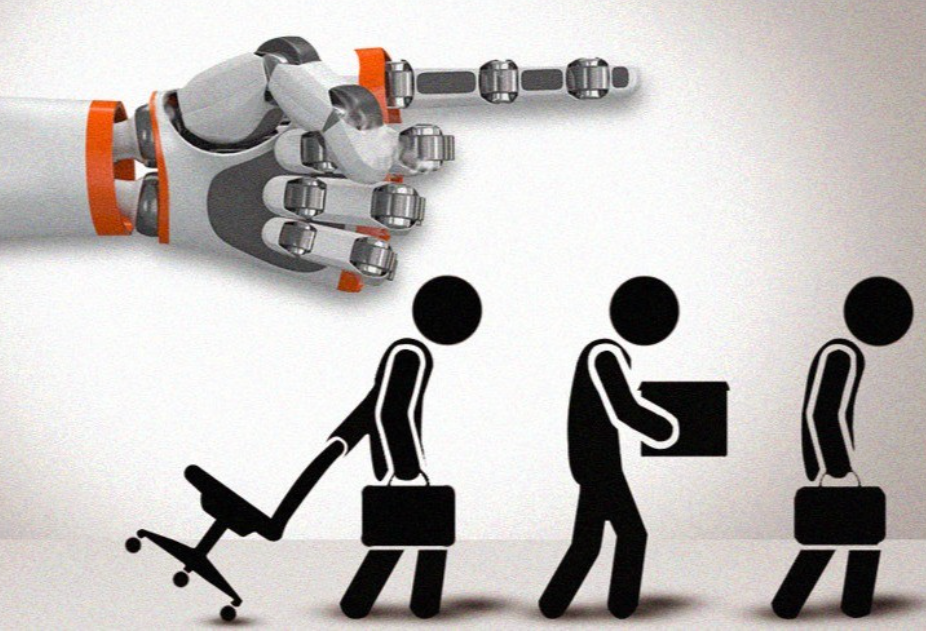The Future of AI: Advancements and Implications for the Workforce
- Anya Kunder
- Oct 8, 2025
- 1 min read

Artificial Intelligence (AI) is evolving at a rapid pace, and its future promises innovations that will transform industries, economies, and daily life. From autonomous vehicles and advanced robotics to AI-driven healthcare diagnostics and creative tools, the next decade is expected to see AI systems performing tasks that were once considered uniquely human. These advancements will not only enhance productivity but also create opportunities for innovation and problem-solving at a scale never seen before.
However, alongside these opportunities come significant implications for the workforce. Many roles that involve routine, repetitive, or data-driven tasks are at risk of automation, potentially leading to job displacement in sectors such as manufacturing, logistics, and administrative services. At the same time, entirely new categories of work will emerge, requiring specialized skills in AI development, machine learning ethics, human-AI collaboration, and data analysis. The challenge for workers and organizations alike will be adapting to this shift and preparing for jobs that may not exist yet.
To navigate this changing landscape, reskilling and upskilling will be essential. Platforms that provide accessible and personalized learning experiences can help workers acquire new competencies, transition into emerging roles, and stay relevant in an AI-driven economy. Emphasizing continuous learning, adaptability, and technological literacy will empower individuals to not just survive, but thrive in the evolving job market.
The future of AI presents a dual reality: unprecedented opportunities for growth and innovation, alongside challenges for workforce stability. By anticipating these changes and investing in human potential, we can ensure that AI becomes a tool that enhances human capability, creates meaningful employment, and drives a more inclusive and resilient economy.



Comments